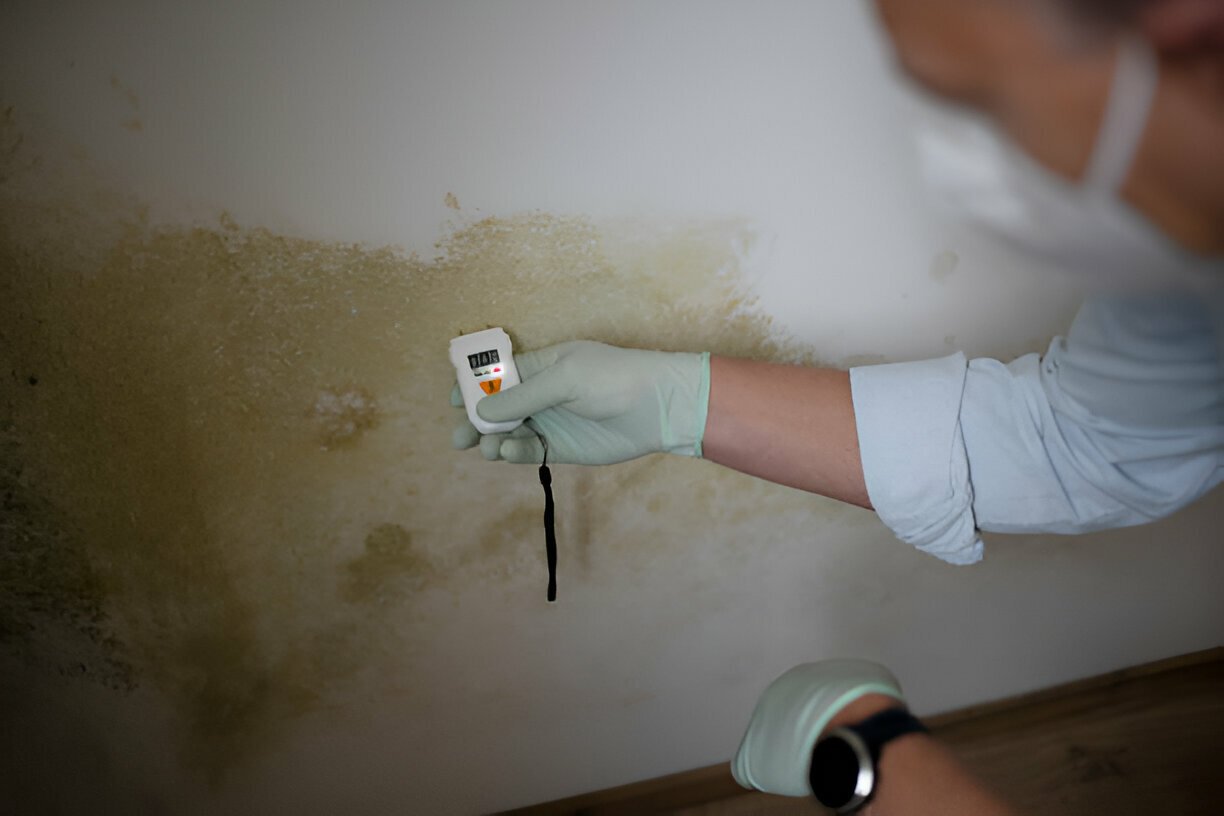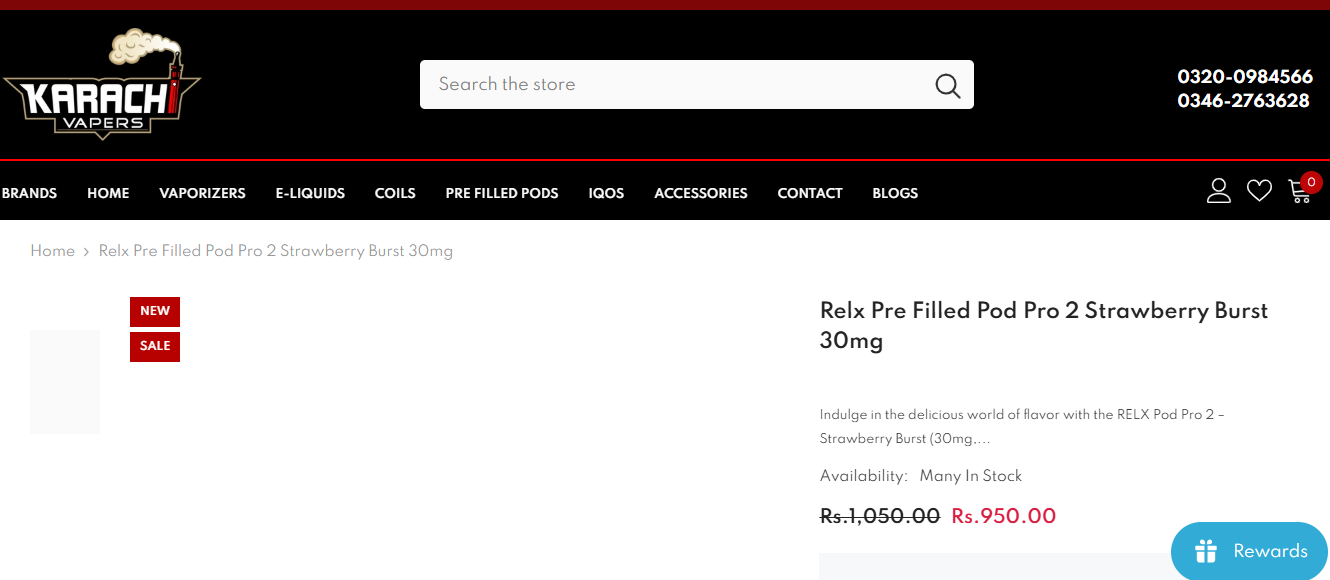If you’re in the market for a new home in Dallas, you’re probably juggling numerous considerations – from location and price to home style and amenities. However, there’s one crucial aspect that shouldn’t be overlooked: mold testing in Dallas. With our region’s unique climate patterns and humidity levels, understanding the condition of your potential new home regarding mold presence isn’t just a luxury – it’s a necessity for protecting your investment and your family’s health.
Understanding the Dallas Climate and Mold Risk
Living in Dallas means dealing with distinct weather patterns that can create perfect conditions for mold growth. Our hot, humid summers combined with occasional flooding and water damage incidents create environments where mold can thrive. Even during our milder winters, indoor humidity from daily activities can contribute to potential mold issues.
Why Dallas Homes Are Particularly Susceptible
The combination of our climate and modern building practices creates unique challenges. Many Dallas homes are built to be energy-efficient, which means they’re tightly sealed. While this is great for your energy bills, it can also trap moisture inside, potentially creating conditions where mold can flourish if proper ventilation isn’t maintained.
Health Benefits of Mold Testing
Protecting Your Family’s Respiratory Health
One of the primary benefits of mold testing is identifying potential health hazards before they affect your family. Mold exposure can cause various health issues, including:
- Respiratory problems
- Allergic reactions
- Sinus congestion
- Headaches
- Eye irritation
- Chronic fatigue
Identifying Hidden Health Risks
Some types of mold can cause more severe health issues, especially in vulnerable populations like:
Children and infants Elderly individuals People with compromised immune systems Those with existing respiratory conditions Pregnant women
Financial Benefits of Pre-Purchase Mold Testing
Protecting Your Investment
When you’re making such a significant investment in a Dallas home, understanding potential mold issues can save you considerable money in the long run. Here’s how:
Prevention of Future Repairs
Identifying mold problems early allows you to: Address issues before they become more extensive Negotiate repairs with the seller Plan for necessary remediation Avoid costly emergency repairs after purchase
Property Value Protection
Mold can significantly impact your property’s value. Early detection helps: Maintain your home’s market value Prevent structural damage Protect your investment Create documentation for insurance purposes
Understanding Different Types of Mold Testing
Air Quality Testing
Professional air quality testing can detect airborne mold spores that might not be visible to the naked eye. This type of testing:
Measures the concentration of mold spores in your home Compares indoor and outdoor mold levels Identifies different types of mold present Determines the severity of any mold problems
Surface Testing
Surface testing involves analyzing visible mold growth and suspicious areas. This method:
Confirms whether visible discoloration is actually mold Identifies the specific types of mold present Determines the extent of surface contamination Helps plan appropriate remediation strategies
Bulk Testing
This involves testing actual materials from the home to determine mold penetration:
Analyzes building materials for mold presence Determines the depth of mold contamination Helps assess structural integrity Guides remediation planning
Legal and Real Estate Implications
Disclosure Requirements
Understanding mold testing results has important legal implications:
Sellers must disclose known mold issues Buyers gain negotiating leverage with test results Documentation protects both parties Test results can affect financing options
Impact on Real Estate Transactions
Mold testing can significantly influence the home-buying process:
Negotiating Power
Positive test results can: Provide leverage for price negotiations Support requests for remediation before purchase Help determine fair market value Influence contingency clauses
Long-term Benefits of Regular Mold Testing
Preventive Maintenance
Regular testing helps maintain your home’s health:
Identifies potential problems early Guides maintenance decisions Prevents small issues from becoming major problems Maintains optimal indoor air quality
Documentation Benefits
Maintaining a history of mold testing provides:
Proof of home maintenance for future sales Documentation for insurance claims Evidence of due diligence Protection against future liability
Understanding Test Results
Interpreting Mold Reports
Professional mold testing reports provide detailed information about:
Types of mold present Concentration levels Location of mold growth Recommended remediation steps
Action Plans Based on Results
Different results require different approaches:
Minor Issues
- Regular monitoring
- Improved ventilation
- Moisture control measures
- Preventive maintenance
Significant Problems
- Professional remediation
- Structural repairs
- Enhanced moisture protection
- Follow-up testing
Making Informed Decisions
When to Get Additional Testing
Consider additional testing when:
You notice musty odors After water damage incidents During home renovation projects Before finishing a basement When buying an older home
Choosing the Right Time for Testing
Timing can affect test results:
Season considerations Weather conditions Recent home modifications Historical weather events
Cost Considerations and ROI
Understanding Testing Costs
When budgeting for mold testing, consider:
Different types of testing available Scope of the inspection needed Additional specialized testing if required Follow-up testing requirements
Return on Investment
Consider the long-term value:
Prevention of costly repairs Health care savings Property value protection Peace of mind
Preparing for Mold Testing
Steps to Take Before Testing
To ensure accurate results:
Maintain normal living conditions Don’t clean suspicious areas Keep windows closed for 24 hours prior Document any concerns
What to Expect During Testing
Understanding the process helps prepare for:
Length of the inspection Areas to be tested Equipment used Access requirements
Final Thoughts
Investing in mold testing when buying a home in Dallas is more than just a precautionary measure – it’s a crucial step in protecting both your investment and your family’s health. The unique climate conditions in our region make it particularly important to understand potential mold issues before making such a significant purchase.
By understanding the benefits of mold testing and acting on this knowledge, you’re taking an important step toward ensuring your new home is safe, healthy, and a sound investment. Remember, the cost of testing is minimal compared to the potential expenses and health risks associated with undiscovered mold problems.
Whether you’re a first-time homebuyer or an experienced property owner, making mold testing a priority in your home-buying process demonstrates wisdom and foresight that will benefit you and your family for years to come.












Leave a Reply